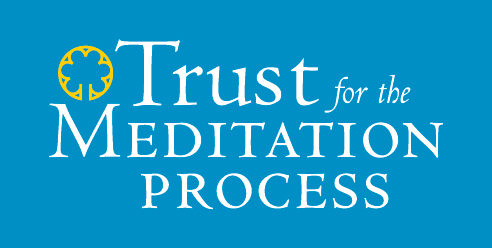Our Mission
Our mission is to encourage meditation, mindfulness and contemplative prayer. All of the Trust's work reflects three basic principles.
First is the radical need for a contemplative practice to help us heal our fractured world.
Research is just catching up with what the world’s contemplative traditions have long known: paying quiet attention to the present moment changes us. We gradually come to know a level of awareness beneath our thoughts and actions, a level more enduring and united. That awareness can help us to become more fully human, to see our interconnections and to act with greater compassion in the world.
Second is the need for the West to recover its own contemplative traditions.
Many people think of meditation as an exclusively Eastern religious practice. But Western religion, too, has a long tradition of silent, non-discursive prayer, often called contemplation, which is rooted in a rich mystical literature. Contemporary thinkers are unearthing this tradition. Their fresh encounter with the Gospels and mystics emphasizes that God is a living presence in us – to be known in silence and love and manifested in our acts of compassion.
Finally, small efforts matter and there’s almost always enough money to do something that can make a difference.
The Trust routinely looks for ways a small yet pivotal grant can have impact on organizations and on lives.
Our Impact
With Our Grants...
Churches, retreat centers, and international organizations are introducing thousands of adults and children to contemplative Christianity, giving new life to this fertile, but long-neglected tradition.
Public schools, college and university meditation centers, and mindfulness camps for teens are leading the integration of mindfulness in education, training educators, psychologists, social workers and parents in over 60 countries and impacting over a million youth globally.
Juvenile detention centers and prisons in California, Colorado, Oregon, Rhode Island, Massachusetts and Missouri are using mindfulness to reduce behavior violations, curb rates of cognitive decline, and improve the resilience of prisoners and prison staff alike.
Our History
A Christian layman founded the Trust in 1986,
as an expression of his deep commitment to meditation and his desire that others share in this heritage. Today, our Trustees span many ages, professions and religious perspectives, but like our founder, each has a long-standing personal contemplative practice and a call to help build a more humane world.
“There is no greater need in the church and in the world today, than for the renewed understanding that the call to deep prayer is universal. Unity among Christians as well as…unity among different races and creeds rests upon our finding the inner principle of unity as a personal experience within our own hearts.”

